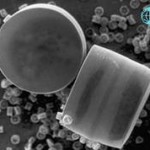
Recent research has suggested ocean nutrient levels are affected by human activities. But what does mean for tiny single-celled marine plants at the base of the food chain? Can they adapt when faced with decreased nutrient levels, or do they simply die? And what impact will this have on the rest of the food chain?
These are some of the big questions currently being asked by environmental scientists at Bournemouth University.
A new researcher in the department, Dr Daniel Franklin, has just published 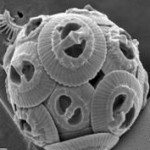 a study on cell productivity under nutrient-restricted conditions, examining two important single-celled marine plants (a coccolithophore and a diatom).
a study on cell productivity under nutrient-restricted conditions, examining two important single-celled marine plants (a coccolithophore and a diatom).
The study is in response to growing concerns that the rise in ocean temperatures will restrict nutrient supplies to the marine plants at the base of the food chain.
Dr Daniel Franklin commented: “As the surface ocean warms, we know there will be an increase in stratification, whereby a warm skin of water lies over a colder, denser layer, which might restrict nutrient supply from the deeper water to shallow water and result in decreased productivity.”
The study just published in Limnology and Oceanography examined growth of the coccolithophore Emiliania huxleyi, often found in the subtropical open ocean, and the diatom Thalassiosira pseudonana which is often found in coastal seas.
“We showed that E. huxleyi cells adapt to declining nutrients in order to wait for more nutrients, and don’t die” said Dr. Franklin. “T. pseudonana, however, which is known to grow quickly in response to increased nutrients, did not adapt, and quickly died. These two types of response reflect the ecology of the two organisms in their natural habitat.”
But in addition to understanding how sensitive cells are to nutrient changes, these findings could inform how we measure ocean productivity in the future.
“Measuring the amount of photosynthetic pigments, mainly chlorophyll, is how we assess phytoplankton productivity on the macro-scale. We measure pigments from satellites. As part of this work we have been looking at how pigments alter during cell decline so that we can refine our understanding of how productivity can be measured at the macro-scale,” said Dr. Franklin.
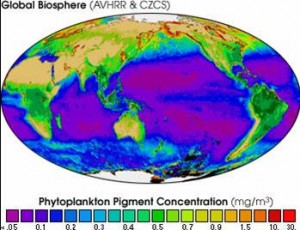
The full paper, entitled ‘Identification of senescence and death in Emiliania huxleyi and Thalassiosira pseudonana: Cell staining, chlorophyll alterations, and dimethylsulfoniopropionate (DMSP) metabolism’ can be viewed through the Limnology and Oceanography website.
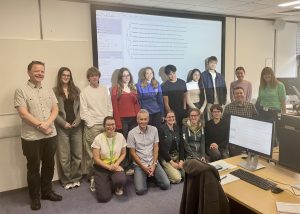 Dr Demetra Andreou and Prof Genoveva Esteban from the School of Life and Environmental Sciences recently welcomed Sixth Form students and science teachers from Thomas Hardye School (Dorchester) to a full-day workshop on the molecular ecology of freshwater shrimps. The academics offered a hands-on computational investigation of biodiversity, demonstrating how DNA analysis can reveal population structures, detect potential invasive species, and inform conservation strategies in freshwater ecosystems.
Dr Demetra Andreou and Prof Genoveva Esteban from the School of Life and Environmental Sciences recently welcomed Sixth Form students and science teachers from Thomas Hardye School (Dorchester) to a full-day workshop on the molecular ecology of freshwater shrimps. The academics offered a hands-on computational investigation of biodiversity, demonstrating how DNA analysis can reveal population structures, detect potential invasive species, and inform conservation strategies in freshwater ecosystems.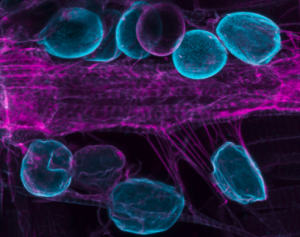 Whether its in you, a blue whale or a tiny insect, circulating fluids bathe and nourish organs, tissues and cells. To avoid compromising organ function, these ‘bloods’ are filtered and kept free of unwanted molecules. Studying these clearance mechanisms informs us about normal physiology, as well as disease across a vast array of organisms, from flies to humans.
Whether its in you, a blue whale or a tiny insect, circulating fluids bathe and nourish organs, tissues and cells. To avoid compromising organ function, these ‘bloods’ are filtered and kept free of unwanted molecules. Studying these clearance mechanisms informs us about normal physiology, as well as disease across a vast array of organisms, from flies to humans. As part of the Academic Targeted Research Scheme, I started my new role as Senior Lecturer in Sustainability, Impact and Consumption on the 1st of July this year.
As part of the Academic Targeted Research Scheme, I started my new role as Senior Lecturer in Sustainability, Impact and Consumption on the 1st of July this year.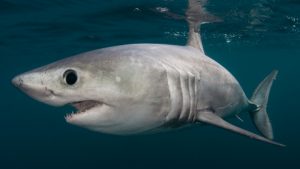 My research will focus on predator ecology and conservation and the project funded by the scheme is specifically centred on the porbeagle shark (Lamna nasus). The UK has several species of shark that call our waters home for at least part of the year and many are in dire need of conservation management. Highly mobile, migratory top predators like the porbeagle are important to understand and manage as they play vital roles in nutrient cycling, ecosystem linkage and maintaining food web stability as well as just being incredible species in their own right. Such species are also pretty difficult to study, especially in the marine environment!
My research will focus on predator ecology and conservation and the project funded by the scheme is specifically centred on the porbeagle shark (Lamna nasus). The UK has several species of shark that call our waters home for at least part of the year and many are in dire need of conservation management. Highly mobile, migratory top predators like the porbeagle are important to understand and manage as they play vital roles in nutrient cycling, ecosystem linkage and maintaining food web stability as well as just being incredible species in their own right. Such species are also pretty difficult to study, especially in the marine environment!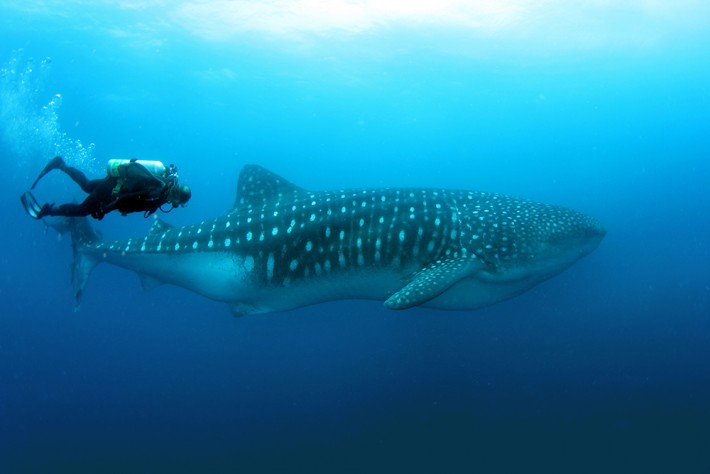
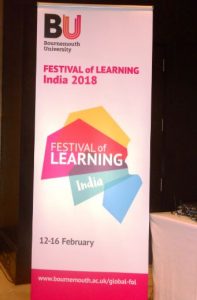
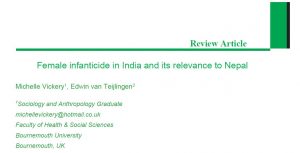
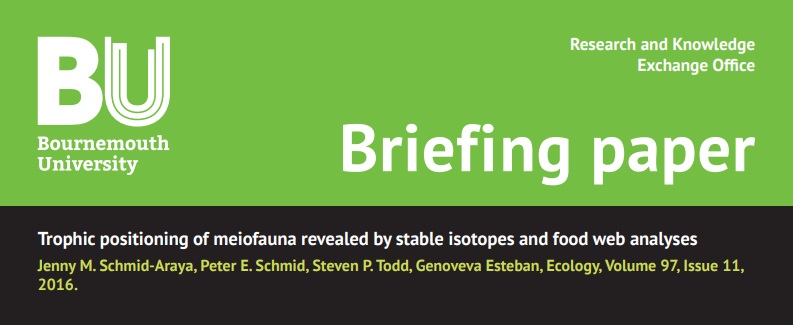 Our
Our 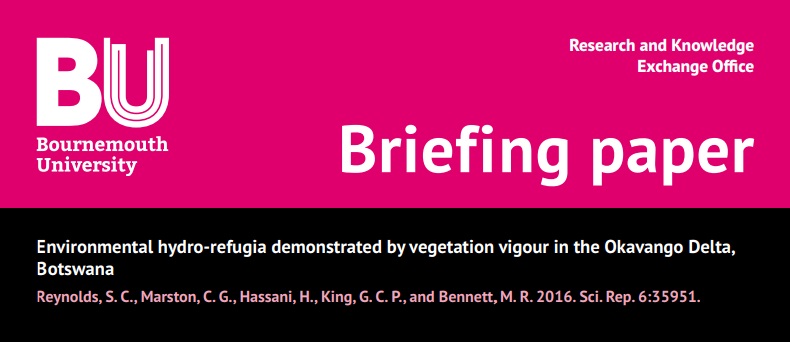 Our
Our 















 Expand Your Impact: Collaboration and Networking Workshops for Researchers
Expand Your Impact: Collaboration and Networking Workshops for Researchers Visiting Prof. Sujan Marahatta presenting at BU
Visiting Prof. Sujan Marahatta presenting at BU 3C Event: Research Culture, Community & Can you Guess Who? Thursday 26 March 1-2pm
3C Event: Research Culture, Community & Can you Guess Who? Thursday 26 March 1-2pm UKCGE Recognised Research Supervision Programme: Deadline Approaching
UKCGE Recognised Research Supervision Programme: Deadline Approaching ECR Funding Open Call: Research Culture & Community Grant – Apply now
ECR Funding Open Call: Research Culture & Community Grant – Apply now ECR Funding Open Call: Research Culture & Community Grant – Application Deadline Friday 12 December
ECR Funding Open Call: Research Culture & Community Grant – Application Deadline Friday 12 December MSCA Postdoctoral Fellowships 2025 Call
MSCA Postdoctoral Fellowships 2025 Call ERC Advanced Grant 2025 Webinar
ERC Advanced Grant 2025 Webinar Update on UKRO services
Update on UKRO services European research project exploring use of ‘virtual twins’ to better manage metabolic associated fatty liver disease
European research project exploring use of ‘virtual twins’ to better manage metabolic associated fatty liver disease